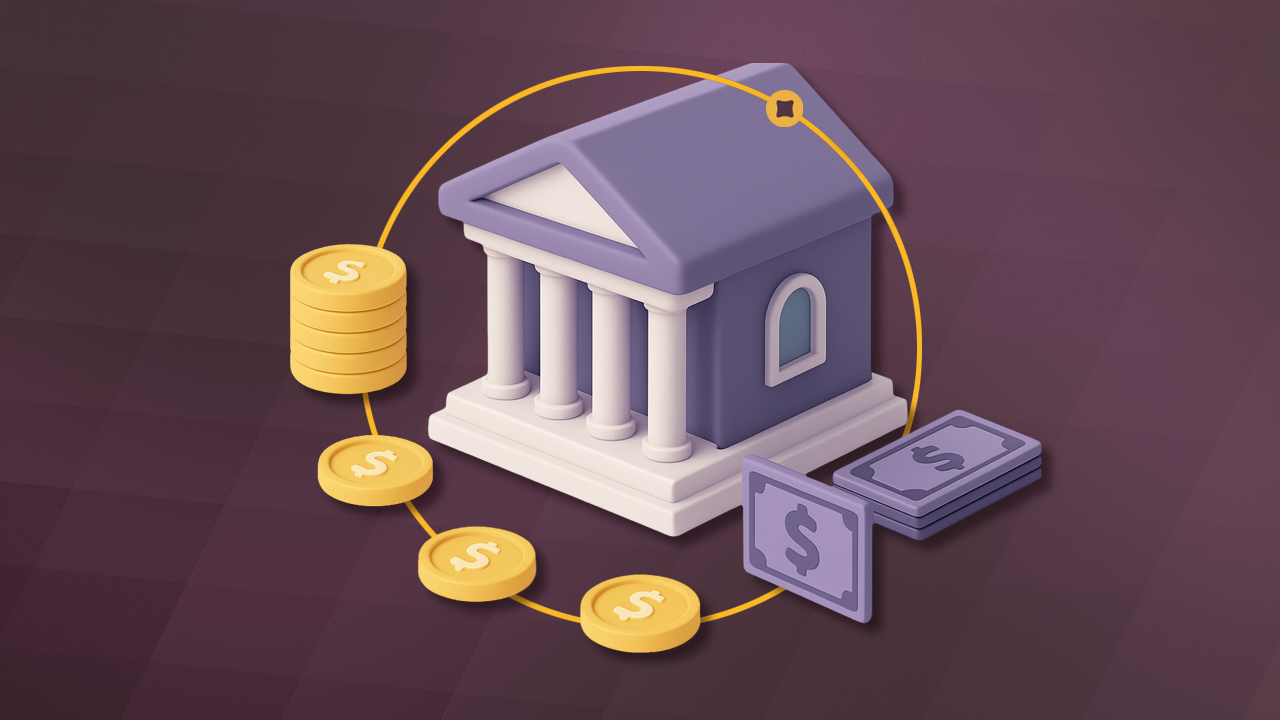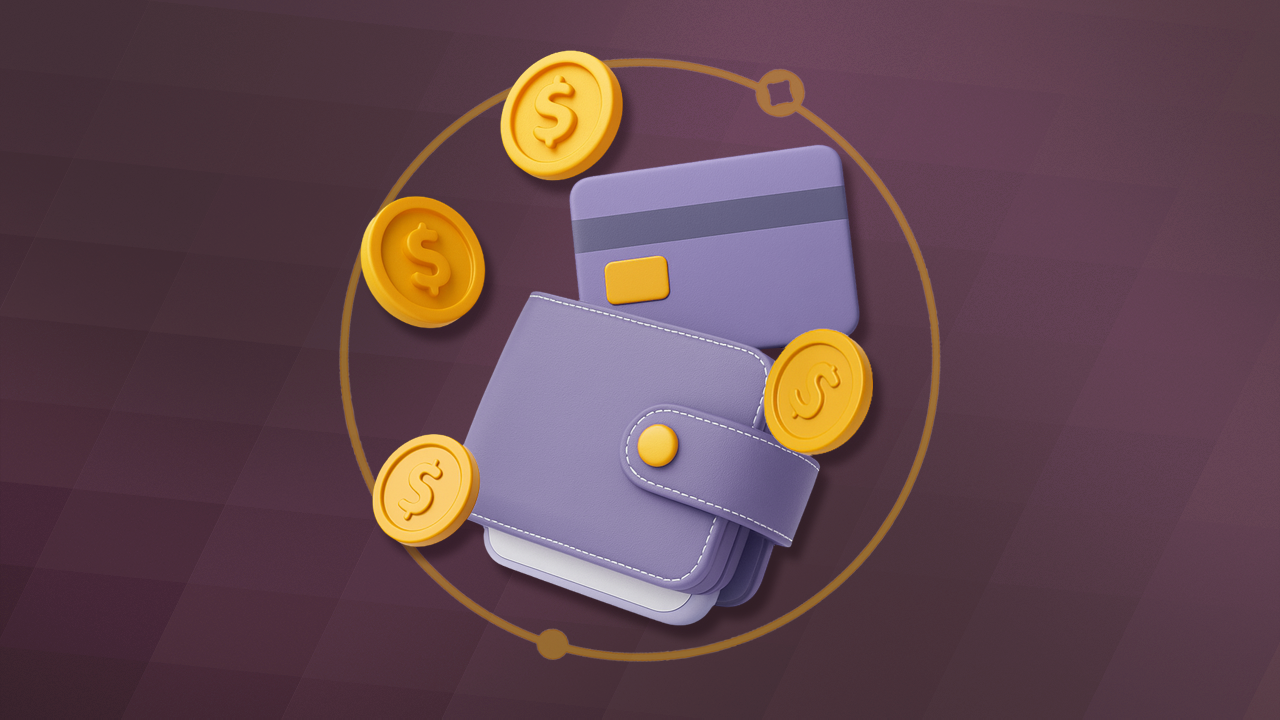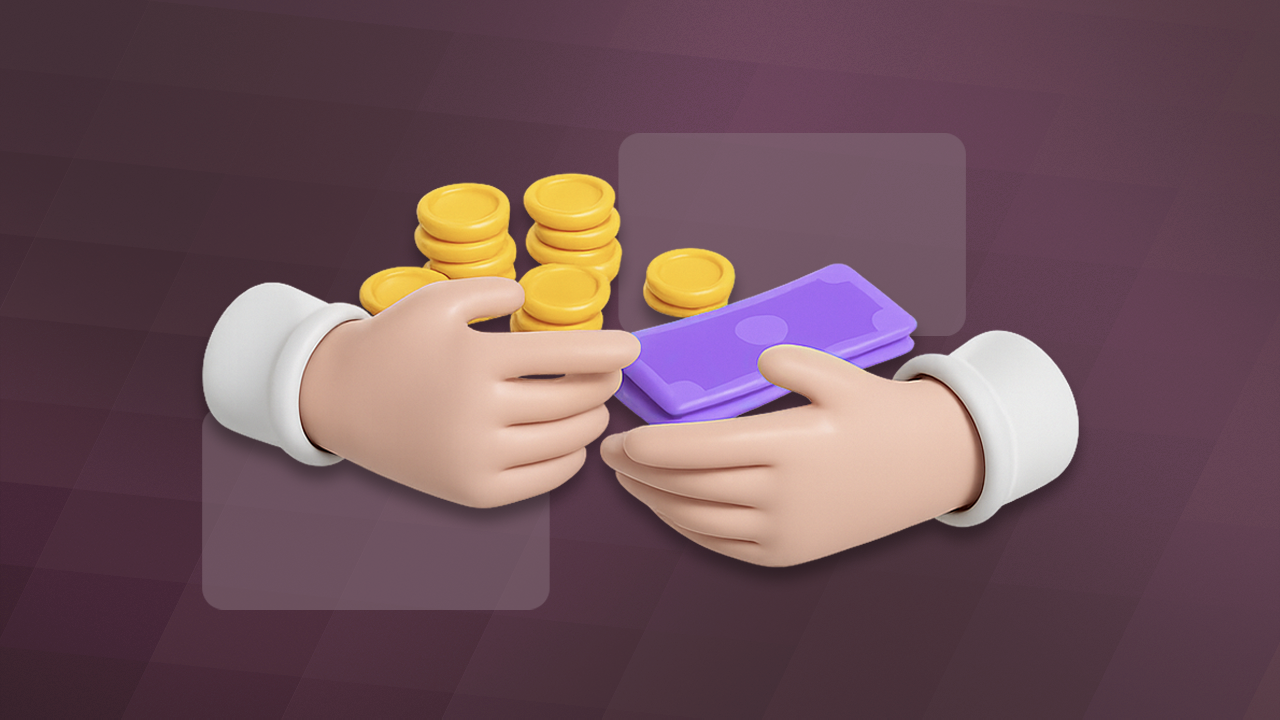No one wakes up excited about payment rails. But if you’re a business owner or accountant juggling vendor payments, payroll, or high-value transfers, the wrong payment method could be draining your cash flow or costing you fees you don’t even notice.
RTGS and ACH both move money, sure, but how, when, and at what cost?
In this guide, we’ll cover the real differences, cut through the jargon, and show you exactly when each one makes financial sense. If you want to save money and time on every transfer, you’re in the right place.
Key Takeaways
- RTGS transfers settle instantly and are best used for time-critical or end-of-quarter payments.
- ACH transfers batch process over one to three business days and work well for most recurring or non-urgent payments.
- Same-day ACH services, such as those provided by Nickel, significantly reduce the delay in traditional ACH processing.
- ACH is typically cheaper than RTGS, especially when your processor charges percentage-based fees on large transfers.
- Nickel supports unlimited ACH transfers up to $1 million each, all processed for free—no hidden fees or markups.
- The right payment processor matters more than the method itself when it comes to saving your business money.
- Start using Nickel to eliminate payment fees and move money smarter with unlimited free ACH transfers.
What Exactly Are RTGS and ACH Payments?
If you’re managing large payments or tight cash flow, understanding the difference between RTGS and ACH is more than just financial trivia. It’s about knowing how fast your money moves, how secure it is, and what kind of costs you’re signing up for.
RTGS
RTGS stands for Real Time Gross Settlement. It’s a high-value payment method where each transaction is processed and settled instantly on a one-to-one basis. There are no batch delays and no waiting periods.
When you send an RTGS payment, the funds are immediately deducted from your account and credited to the recipient's account.
It’s the digital version of handing over cash with finality and zero delays. In the United States, this is typically done through the Fedwire Funds Service.
ACH
ACH, or Automated Clearing House, operates differently. It groups transactions into batches and processes them at set intervals throughout the day. Instead of settling immediately, your ACH payment joins a long queue that clears during the next available window.
This is why ACH transfers often take one to three business days to complete, depending on whether it’s a standard or same-day ACH payment.
According to NACHA, the U.S. ACH Network processed over 33.6 billion payments in 2024 alone, covering everything from direct deposits to utility bills. Meanwhile, RTGS systems like Fedwire and CHIPS handle a smaller volume but significantly higher-dollar transactions, such as real estate closings, corporate treasury transfers, or interbank settlements.
So, while both are electronic money movers, their speed, volume, and use cases couldn’t be more different.
The Critical Differences That Impact Your Business
Understanding the differences between RTGS and ACH payments enables you to make more informed financial decisions. Let’s discuss how these systems compare in terms of speed, cost, transaction limits, and availability.
These factors directly impact your cash flow, your vendor relationships, and your peace of mind.
Speed and Settlement Times
Let’s start with the one everyone cares about first: how fast your money actually moves. RTGS processes payments individually and in real time. This means the funds are transferred and settled instantly. If your business needs to pay a supplier right now or close a high-value deal before the end of the day, RTGS is your go-to option.
ACH, on the other hand, works on a batching system. Payments are grouped and processed at scheduled intervals, which means they usually take one to three business days to clear.
However, Same-Day ACH has emerged as a faster alternative. While it’s still not instant, Same-Day ACH can settle payments within hours if submitted before the bank’s cutoff time.
For example, Nickel’s same-day ACH transfers allow for funds to be available within hours. Even ACH transfers sent on Friday afternoon, before 4:45 pm, will most likely arrive by the end of Friday.
Cost Structure Comparison
Now let’s talk money, because speed is great, but cost plays a huge role in your decision. RTGS transfers usually come with a flat fee, typically ranging from $15 to $50. That fee doesn’t change whether you’re sending $5,000 or $500,000. This makes RTGS a surprisingly cost-effective choice for high-value transactions.
ACH, on the other hand, can be much cheaper for low-value transfers. Some processors offer free ACH transfers (like Nickel), while others charge a fee, often up to 1% of the transaction amount. That adds up fast.
For example:
- RTGS for a $100,000 transfer: $50 flat fee
- ACH at 1%: $1,000
- Free ACH: $0 (typically slower - although platforms like Nickel process ACH transfers up to twice as fast as other services)
So, if you’re moving serious money, that RTGS fee might actually save you more than sticking with percentage-based ACH, that is, unless you use a platform like Nickel, which offers free and unlimited ingoing and outgoing ACH transfers - truly 100% free.
Transaction Limits and Availability
Another key factor is how much you can send and when. RTGS systems like FedWire have virtually no upper limit. You can move millions in a single transaction without hitting a ceiling.
ACH, however, often comes with limits set by your bank or payment processor. These limits can vary based on your account type, transaction history, and fraud risk.
That said, some payment processors, such as Nickel, easily support ACH transfers of up to $1 million without any hiccups, making it an ideal choice for large transactions and large volumes; remember, Nickel ACH is totally free.
Availability also differs. Standard ACH only clears during banking hours, which can cause delays if you submit a payment late in the day or on a weekend. RTGS systems usually operate for extended hours, although many are also closed on weekends.
This wider window allows more flexibility for time-sensitive payments, especially for businesses operating across time zones, although Nickel’s same-day ACH payments clear extremely quickly, rendering this a relatively moot point.
When Your Business Should Use RTGS vs. ACH Bank Transfer
Choosing between RTGS and ACH is a strategic decision. The wrong choice could cost your business hundreds (or even thousands) of dollars per payment.
But with the right setup, like using a modern platform that offers zero-fee ACH transfers, you can keep more money in your business and streamline operations at the same time.
Let’s discuss when each method actually makes sense, and why ACH, especially through services like Nickel, is usually the smarter move.
When RTGS Might Be the Right Fit
RTGS is fast and final, and in a few specific cases, that’s exactly what you need.
- Large, Time-Critical Payments: Say you're a construction contractor buying $200,000 in equipment and need to confirm payment immediately. RTGS gets it done in seconds, with funds settling on the spot. In this case, the $25-$50 fee is a small price to pay compared to the cost of delaying an entire project.
- High-Value, Last-Minute Vendor Deals: Some businesses use RTGS to settle six-figure vendor payments right before deadlines. A $100,000 transfer with a $25 fee sounds reasonable, until you realize you could have done it for free with the right ACH setup.
- End-of-Quarter Accounting Deadlines: If you’re trying to get payments out the door by a specific date to meet financial reporting requirements, RTGS guarantees the transaction is completed and recorded in real time.
So yes, RTGS has its place, but it’s often overkill for daily operations and smaller payments.
Why ACH Is the Smarter Option
Now let’s talk about why ACH is the go-to choice for most businesses, especially those using Nickel.
- Recurring Business Payments: Payroll, contractor payouts, subscriptions, and regular vendor invoices all benefit from ACH’s simplicity. These transfers run quietly in the background, and if you're using Nickel, they're totally free, both incoming and outgoing.
- Mid-Sized and Large Payments Without the Cost: Need to send $20,000? $50,000? Even $100,000? Most banks or processors will charge you 0.5% to 1%, turning a $100,000 transfer into a $1,000 expense. With Nickel’s ACH rails, that same payment is processed for free, and you can do it as often as you like.
- Non-Urgent Transfers: If you can plan your payments one to two days ahead, there’s really no reason to pay RTGS fees. Nickel’s ACH transfer system lets you send unlimited transactions up to $1 million per transfer without delays, hidden fees, or caps. Also, with same-day ACH payment capabilities, urgent transfers can still be made in a timely manner.
RTGS vs ACH: Side-by-Side Comparison
Here’s a quick comparison of RTGS and ACH:

Real Cost Comparison: RTGS vs. Nickel
Let’s look at a simple side-by-side to show you what this really means for your bottom line.

That’s not a typo. Nickel lets you send unlimited ACH transfers up to $1 million each without paying a cent. The savings stack up quickly, especially if you’re sending multiple six-figure payments each month.
Making the Right Choice for Your Business Type
Although RTGS has its place, ACH transfers, particularly free ones with Nickel, are often the clear winner for many business types.
- Wholesale Distributors and Manufacturers: Your large transaction volumes and supplier payment schedules often make free ACH the clear winner for routine payments. Reserve RTGS for emergency purchases or critical vendor relationships where immediate payment confirmation matters.
- Construction Companies: The project-based nature of construction often requires flexibility. Use ACH for predictable payments like material orders placed days in advance, but keep RTGS available for urgent equipment rentals or subcontractor payments that can't wait.
- Bookkeepers Managing Multiple Clients: Your clients likely care more about cost control than payment speed for most transactions. Implementing free ACH solutions like Nickel's payment platform can save significant money across all your client accounts while maintaining professional payment capabilities.
Why Payment Processor Choice Matters More Than Payment Method
The biggest factor in your RTGS vs. ACH decision often isn't the payment method itself, but which processor you're using.
Traditional banks charge high fees for both methods, while modern payment platforms can offer free ACH transfers that eliminate the cost consideration entirely.
Avoiding high ACH fees through better processor selection often matters more than choosing between RTGS and ACH. When ACH transfers are free, the choice becomes purely about timing needs rather than cost considerations.
Get started with Nickel For totally free same-day ACH transfers.
Bottom Line: ACH Transfers Are the Preferred Options
If you’re looking at the long game, like cutting costs, simplifying vendor payments, and avoiding unnecessary fees, ACH is the winner for most businesses. RTGS still has its place for urgent, high-value, time-sensitive transactions, but let’s be real: those scenarios are rare.
Day to day, your business needs a reliable, cost-effective way to move money without delays or surprises. That’s where Nickel shines.
With totally free incoming and outgoing ACH transfers, no transfer limits, and support for transactions up to $1 million, Nickel gives you enterprise-level capabilities without the price tag. If you're ready to stop paying wire fees and percentage-based ACH markups, it’s time to switch to Nickel.
Ready to eliminate unnecessary payment fees and gain access to both RTGS and free ACH options? Start your free Nickel account today and see how much your business can save on payment processing.
Frequently Asked Questions
Can I Send $1 Million Through ACH?
Yes, platforms like Nickel allow ACH transfers up to $1 million with no fees or volume restrictions.
Is RTGS More Secure Than ACH?
Both are highly secure, but RTGS is often used for high-value transactions due to its immediate finality.
How Do Same-Day ACH Payments Work?
Same-day ACH processes transfers within hours if submitted before the cutoff time, often clearing by end of day.
What Happens if I Schedule ACH on a Weekend?
ACH transfers are processed on business days. Submissions on weekends are queued for the next banking day.
How Can I Avoid ACH Transfer Fees?
Choose a payment processor like Nickel that offers unlimited free ACH transfers for both sending and receiving funds.
Sources
Don't miss these articles
Make every Nickel count
Join 10,000+ businesses paying and getting paid on Nickel






